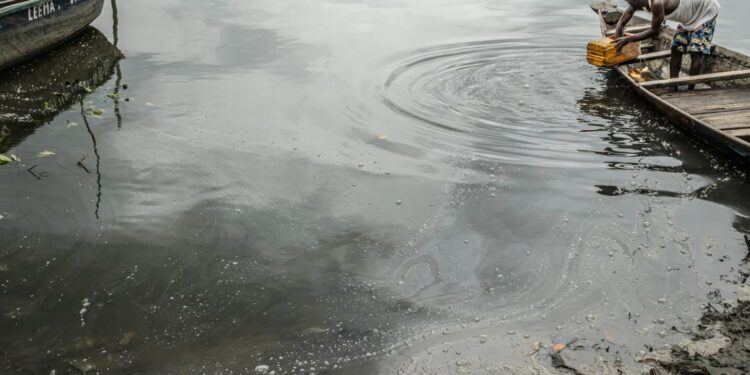A United Nations working group has accused some of the world’s largest oil companies of human rights violations in Nigeria, alleging that asset sales in the Niger Delta were carried out without addressing extensive environmental damage or compensating affected communities. The claims highlight growing scrutiny over the conduct of multinational energy firms as they exit long-standing operations in Africa’s most prolific oil-producing region.
Unpaid clean-up and unresolved damage
According to the UN experts, divestments by leading oil companies were finalised without meeting obligations to remediate pollution or settle liabilities for decades of environmental harm. Communities in the Niger Delta have long suffered from oil spills, gas flaring, and land degradation, with devastating effects on farming, fishing, and public health. The experts warned that allowing firms to offload assets without accountability risks worsening human rights conditions in already vulnerable areas.
Communities left behind
Local residents argue they have been denied adequate compensation for lost livelihoods, with many villages reporting contaminated water sources and agricultural land. Civil society groups in Nigeria have repeatedly pressed for more robust enforcement, but campaigners say legal and regulatory gaps have enabled companies to avoid responsibility. The UN group urged the Nigerian government to ensure that new asset owners are held accountable for outstanding obligations.
Industry in transition
International oil majors have been divesting from onshore Nigerian operations in recent years, citing rising security risks and a shift in strategy toward offshore and lower-carbon projects. While divestments are part of broader energy transitions, critics say they have been executed in ways that neglect long-standing environmental and social obligations. The UN experts stressed that responsible exit strategies must be integral to corporate governance.
Global calls for accountability
The accusations feed into a wider debate on the accountability of multinational firms in developing countries. Rights groups argue that energy companies profited from decades of extraction while leaving behind legacies of pollution and poverty. The UN panel called for international standards to ensure that corporate divestments respect human rights and environmental justice.
Implications for Nigeria and beyond
Nigeria’s Niger Delta remains central to the country’s oil output, but the ongoing divestments raise questions about who bears responsibility for addressing past damage. The controversy could complicate Nigeria’s investment climate, particularly as the government seeks to attract new partners to sustain production. The UN experts’ intervention may also encourage other countries to scrutinise asset sales more closely, reinforcing global momentum for corporate accountability in extractive industries.
REFH – Newshub, 8 September 2025




Recent Comments